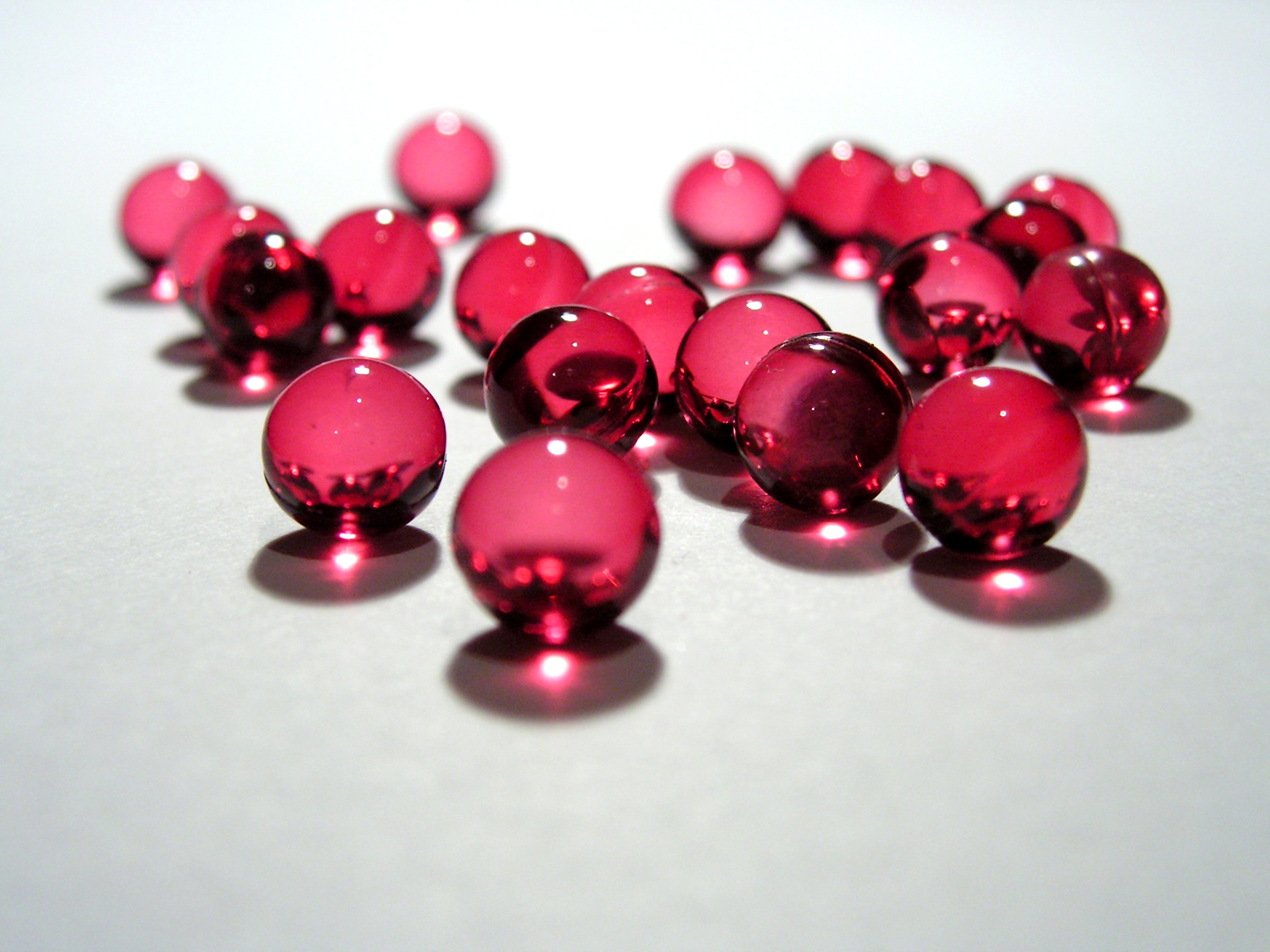
MONDAY, Aug. 26 (HealthDay News) — Men with a history of prostate cancer who drank four or more cups of coffee daily had a 59 percent lower risk of seeing their cancer worsen or return, a new study found.
However, the research did not prove that coffee drinking protected against prostate cancer, and there’s no proof that coffee lovers had lower odds of dying from the disease.
The research, conducted by a team at the Fred Hutchinson Cancer Research Center in Seattle, found no effect from tea drinking on prostate cancer. But that might be due to the study’s own limitations, the researchers added.
“Few patients in our [study] cohort were regular tea drinkers, and the highest category of tea consumption was one or more cups per day,” the authors wrote in the Aug. 26 online edition of Cancer Causes & Control. Therefore, any link between tea drinking and prostate cancer outcomes “should be investigated in future studies that have access to larger populations with higher levels of tea consumption,” they added.
The study involved more than 1,000 prostate cancer survivors who ranged in age from 35 to 74 when they were first diagnosed between 2002 and 2005. All had been surveyed on their food and drink habits two years prior to their diagnosis.
The research team then tracked patient outcomes for at least five years after their diagnosis, looking for signs of cancer progression and/or tumor recurrence. A total of 630 of the men answered questions regarding their ongoing coffee intake, with 61 percent saying they drank at least one cup per day, while 12 percent drank four or more cups daily.
Over a median of eight years of follow-up, 38 men died from prostate cancer. Because there were relatively few deaths, it was difficult to reliably say whether or not coffee drinking affected the risk of dying from the disease, the study authors said.
One prostate cancer expert said the findings need to be interpreted with caution.
“This is an interesting study that provides additional evidence for an association between coffee consumption and prostate cancer behavior,” said Dr. Matthew Galsky, an associate professor of medicine at the Icahn School of Medicine at Mount Sinai, in New York City. “However, it is important to recognize that establishing an association does not confirm causality — that is, that the coffee consumption was the factor that was responsible for the less aggressive prostate cancer behavior.”
The study’s lead author said the research effort was especially rigorous, however. “We used detailed information on follow-up prostate-specific antigen [PSA] levels, use of secondary treatment for prostate cancer and data from scans and biopsies to assess occurrence of metastases [spread] and cause-specific mortality during follow up,” Milan Geybels, a doctoral student now at Maastricht University in the Netherlands, said in a Fred Hutchinson news release.
“Using these detailed data, we could determine whether a patient had evidence of prostate cancer recurrence or progression,” said Geybels, who was a graduate student at Fred Hutchinson when the study was conducted.
The researchers did not have data on whether the men drank caffeinated or decaffeinated coffee, or whether the way the coffee was brewed made any difference.
The study authors said there’s good reason to think that coffee could have cancer-fighting properties. For example, they pointed to research showing that caffeine and other chemicals in coffee have properties that inhibit runaway cancer cell growth. And prior studies have found similar benefits for avid coffee drinkers in terms of reducing the risks for basal-cell carcinoma (a type of skin cancer), gliomas (brain/nervous system cancers) and ovarian cancer.
Still, the study authors said it’s too early to recommend coffee as a cancer fighter, and larger, prospective trials are needed.
Galsky agreed. “Additional studies are needed to establish causality and then identify the specific components in coffee that could potentially be used to enhance prostate cancer treatment,” he said.
Geybels also pointed out that too much coffee might even be unhealthy for some men.
“For instance, men with hypertension [high blood pressure] may be vulnerable to the adverse effects of caffeine in coffee,” he said. “Or, specific components in coffee may raise serum [blood] cholesterol levels, posing a possible threat to coronary health. Patients who have questions or concerns about their coffee intake should discuss them with their general practitioner.”
The study was funded by the U.S. National Cancer Institute, the Prostate Cancer Foundation, the Dutch Cancer Society and the Fred Hutchinson Cancer Research Center.
More information
To learn more about prostate cancer, visit the American Cancer Society.
Copyright © 2026 HealthDay. All rights reserved.

